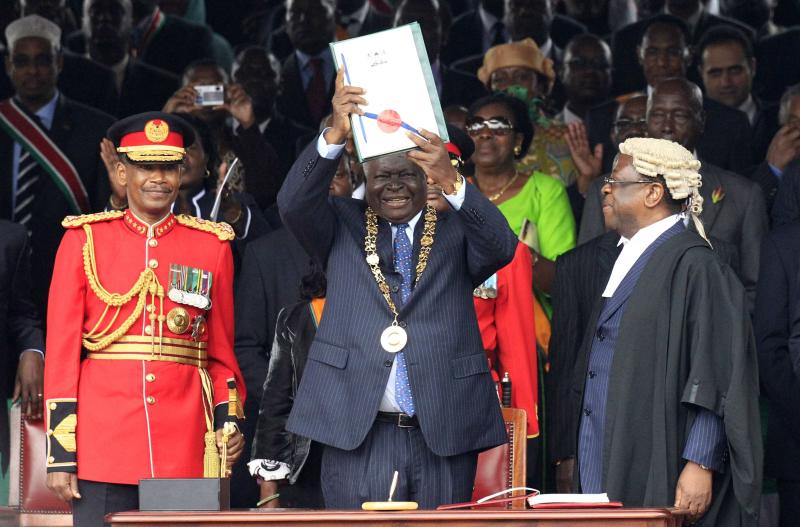×
The Standard e-Paper
Stay Informed, Even Offline

As Kenyans wait eagerly for the Court of Appeal verdict on the Building Bridges Initiative (BBI) ruling of May 13, 2021, the grain of Kenya’s constitutional history reveals a mischievous power play with the independence Constitution between 1964 and 2008.
The Constitution was tinkered with at least 27 times, making a wide range of amendments each time.